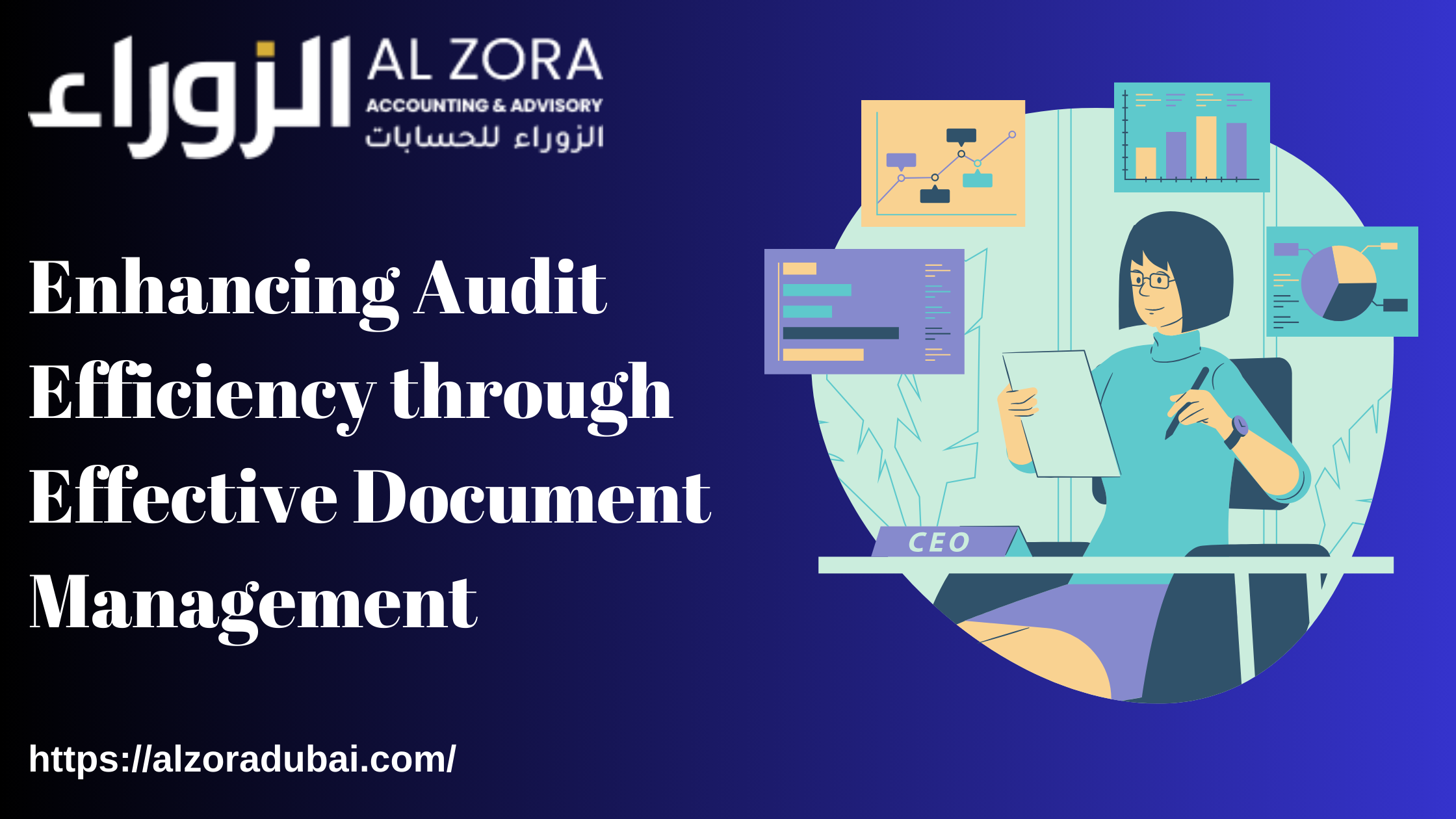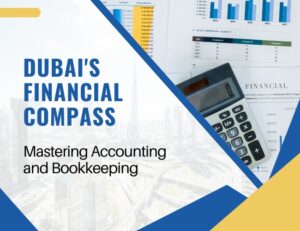In the world of auditing, efficiency is the name of the game. Auditors have a crucial responsibility – evaluating financial records and compliance with regulations. The success of an audit depends on the ability to access and analyze documents quickly and accurately. Today, the key to achieving audit efficiency lies in effective document management.
The Importance of Audit Efficiency
Efficiency in auditing is not only a matter of saving time and resources. It can impact the quality and effectiveness of an audit. An efficient audit process ensures that auditors can focus their expertise on critical tasks. This includes data analysis, risk assessment, and decision-making. Here are some reasons why audit efficiency is crucial:
1. Timeliness:
Auditors must complete their work within a specified timeframe. Delays in document retrieval and analysis can affect the auditor’s timeline. This will create stress for both auditors and clients.
2. Accuracy:
Efficiency in document management reduces the likelihood of errors and omissions. Accurate information is vital for making well-informed decisions and providing reliable audit reports.
3. Cost-effectiveness:
Efficiency in auditing translates to cost savings. The quicker auditors can complete their tasks, the fewer billable hours are required. This in turn benefits both auditors and their clients.
4. Client Satisfaction:
Clients appreciate auditors who can conduct their work efficiently. This means not causing unnecessary disruptions to their business operations. A smoother audit process enhances client satisfaction.
Challenges in Document Management for Auditors
Historically, auditing involved piles of paper documents that auditors had to sift through. Today, the majority of documents are in digital format. Yet, this shift has not eliminated challenges in document management. Auditors face several hurdles when it comes to document management:
1. Voluminous Data:
Modern organisations generate vast amounts of data. Auditors must deal with large volumes of documents, emails, spreadsheets, and other digital files. This makes it challenging to locate and organise relevant information.
2. Document Scattering:
Documents are often spread across various locations. This includes email inboxes, shared drives, cloud storage, and physical copies. Finding and consolidating these documents can be time-consuming.
3. Security Concerns:
Auditors must ensure the confidentiality and security of sensitive financial and operational data. Managing access permissions and encryption can be complex.
4. Version Control:
Tracking document versions and changes is crucial for maintaining the integrity of audit trails. Manual version control can lead to errors and confusion.
How Effective Document Management Enhances Audit Efficiency
To address challenges and enhance audit efficiency, auditors need effective document management practices. Here’s how it can be done:
1. Centralised Document Repository:
Establish a centralised repository for all audit-related documents. This repository should be accessible to authorised personnel. It should also be structured in a way that makes it easy to categorise and search for documents.
2. Digitalization:
Encourage clients to provide documents in digital formats whenever possible. Scanning and digitising paper documents can help streamline the process. It can also reduce physical storage requirements.
3. Document Classification:
Auditors can have a standardised document classification system. This one must categorise documents based on their relevance to the audit. This system should include document type, date, and owner.
4. Document Indexing and Search:
It is important to invest in document indexing and search tools that allow auditors to quickly locate specific documents. It will also help them find information within documents. These tools can greatly reduce the time spent on document retrieval.
5. Automation:
Leverage automation technologies to handle routine document management tasks. For example, automated workflows can route documents for review and approval. All this while optical character recognition (OCR) can extract text from scanned documents for indexing.
6. Version Control:
Make use of version control software to track changes to documents. This ensures that auditors are always working with the latest and most accurate information.
7. Security Measures:
Have robust security measures to protect sensitive audit data. This includes encryption, access controls, and regular security audits to identify vulnerabilities.
8. Collaboration Tools:
Use collaboration tools that enable auditors to work together seamlessly. These will help even when they are geographically dispersed. Real-time collaboration can speed up the audit process.
9. Document Retention Policies:
Establish document retention policies that define how long documents should be retained. Decide when they can be safely disposed of as this helps prevent clutter and ensures compliance with legal requirements.
10. Training and Education:
Provide training to auditors and clients on document management best practices. Well-trained personnel are more likely to use the tools and systems effectively.
The Role of Technology in Document Management
Technology plays a pivotal role in enhancing document management for auditors. Various software solutions are available that cater specifically to audit needs. Here are some technologies that can be beneficial:
1. Document Management Systems (DMS):
DMS software allows auditors to store, organise, and retrieve documents efficiently. These systems often come with many features. This includes but is not limited to version control, access permissions, and document indexing.
2. Electronic Data Capture (EDC) Tools:
EDC tools enable auditors to collect data electronically during fieldwork. This eliminates the need for manual data entry and reduces the risk of transcription errors.
3. Data Analytics Software:
Advanced data analytics tools can help auditors analyse large datasets quickly. These tools can uncover patterns, anomalies, and trends that may not be clear through manual review.
4. Cloud Storage and Collaboration Platforms:
Cloud-based storage and collaboration platforms help remote access to audit documents. They also provide real-time collaboration features making it easier for audit teams to work together.
5. Workflow Automation:
Workflow automation software streamlines document review and approval processes. It can route documents to the right stakeholders for input and decision-making.
Conclusion
Efficiency in auditing is paramount to delivering high-quality results and satisfying clients. Effective document management is a cornerstone of audit efficiency. It streamlines the process of accessing, organising, and analysing critical information. By implementing centralised repositories and the right technology, auditors can enhance their document management practices. In turn, their audit efficiency improves. Today, embracing these strategies is not just an option but a necessity for auditors looking to stay competitive.






